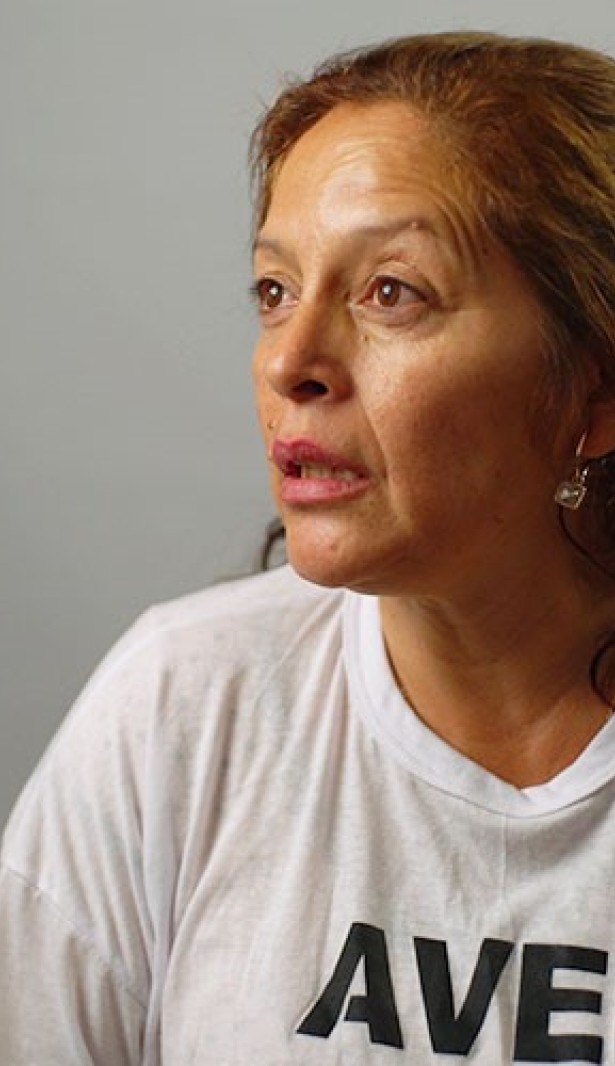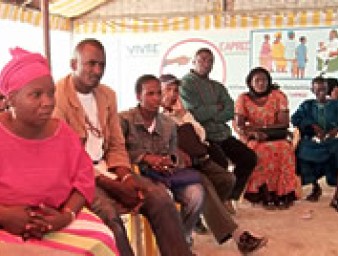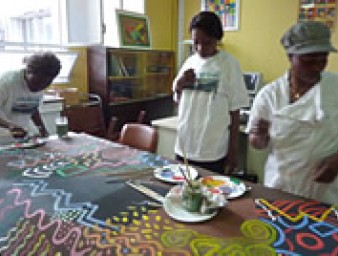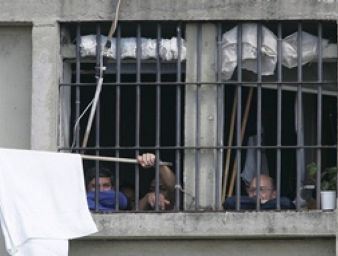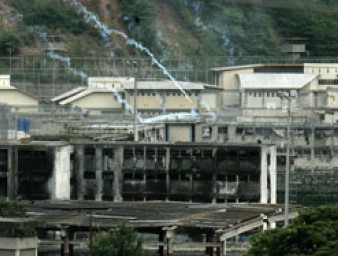Forced sterilisations in Peru: one woman’s fight for justice and redress
26 June 2019
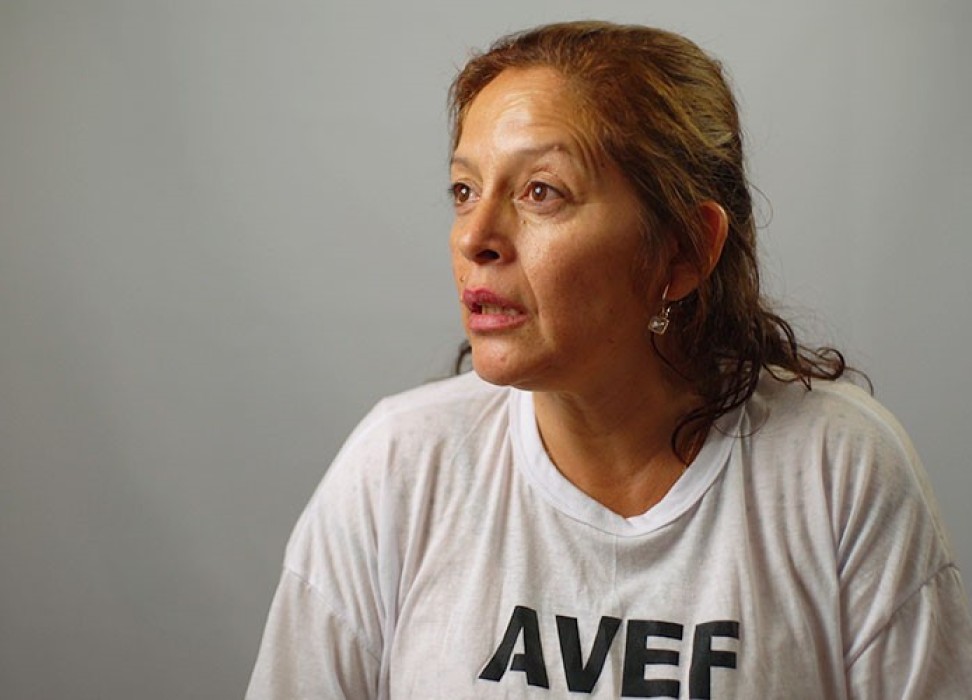
“We have had enough. We want women to continue surviving, physically and emotionally.”
In the late 1990s, Maria Elena Carbajal Cepeda’s life changed forever. She was one of the hundreds of thousands of women subjected to sterilisation, under a Peruvian government family planning programme to address poverty.
The programme, which took place over four years, targeted around 300,000 women. It is alleged that the vast majority did not give consent. Many of them were indigenous or from rural areas.
Thousands of women continue to wait for redress today.
The physical and mental trauma that Carbajal Cepeda endured was immense. With psychological wounds that may never fully heal, she still carries the pain of the past today.
Over recent years, she has received psychological support through the CAPS Psychosocial Care Center, an organisation which is funded by the UN Voluntary Fund for Victims of Torture. She says this has given her the ‘strength and power’ to go on.
She has also since become a human rights advocate, and is now the president of a non-government organisation, the Association of Victims of Forced Sterilisation. She advocates for access to justice and the implementation of reparation measures for victims.
Earlier this year, she spoke at an expert workshop on sexual and gender-based violence amounting to torture organised by the UN Voluntary Fund for Victims of Torture in Geneva, Switzerland.
“In many cases, under the worst conditions, we learned that they even used horse anesthesia to carry out the tubal ligation. It wasn’t even performed in hospitals, because we do not have hospitals in the provinces.”
Carbajal Cepeda spoke of the enormous emotional repercussions, and insists that psychological support must be provided. “Health is paramount to keep on living,” she said.
Ongoing legal proceedings
In 2015, the Peruvian government created a national Registry of Forced Sterilisations. Three years later, Peru’s Public Prosecution Service opened a case formally addressing the cases of some 2,000 victims and filing a criminal complaint against doctors and senior officials serving at the time of the events.
The UN Committee against Torture welcomed this complaint against the alleged perpetrators, which referred to ‘their indirect involvement in the commission of offences against the life, physical integrity and health of more than 2,000 women.’
The Committee has since urged Peru to ensure that they are prosecuted, and that the perpetrators of the crimes are given sentences commensurate with the seriousness of their actions. They are also insisting that the sentences are effectively enforced and that redress is provided to the victims
The call for justice
Alongside ongoing international and national pressure on the Peruvian government, Carbajal Cepeda continues with her own personal call, in the name of the thousands of victims.
She is asking for justice, the inclusion of women in social programmes, as well as economic compensation.
“We want the government to fulfill its responsibility to sentence (former) President Alberto Fujimori and those involved, including the doctors and health personnel.
This is not a matter of just saying 'these ladies want some money.' We want justice because what they have done to us is torture and they have done something against our will. They treated us like animals.
We are mainly asking for the government to do justice, to investigate these cases, and to denounce them once and for all. The people involved should pay for what they have done, because this is a crime against humanity.”
26 June 2019
